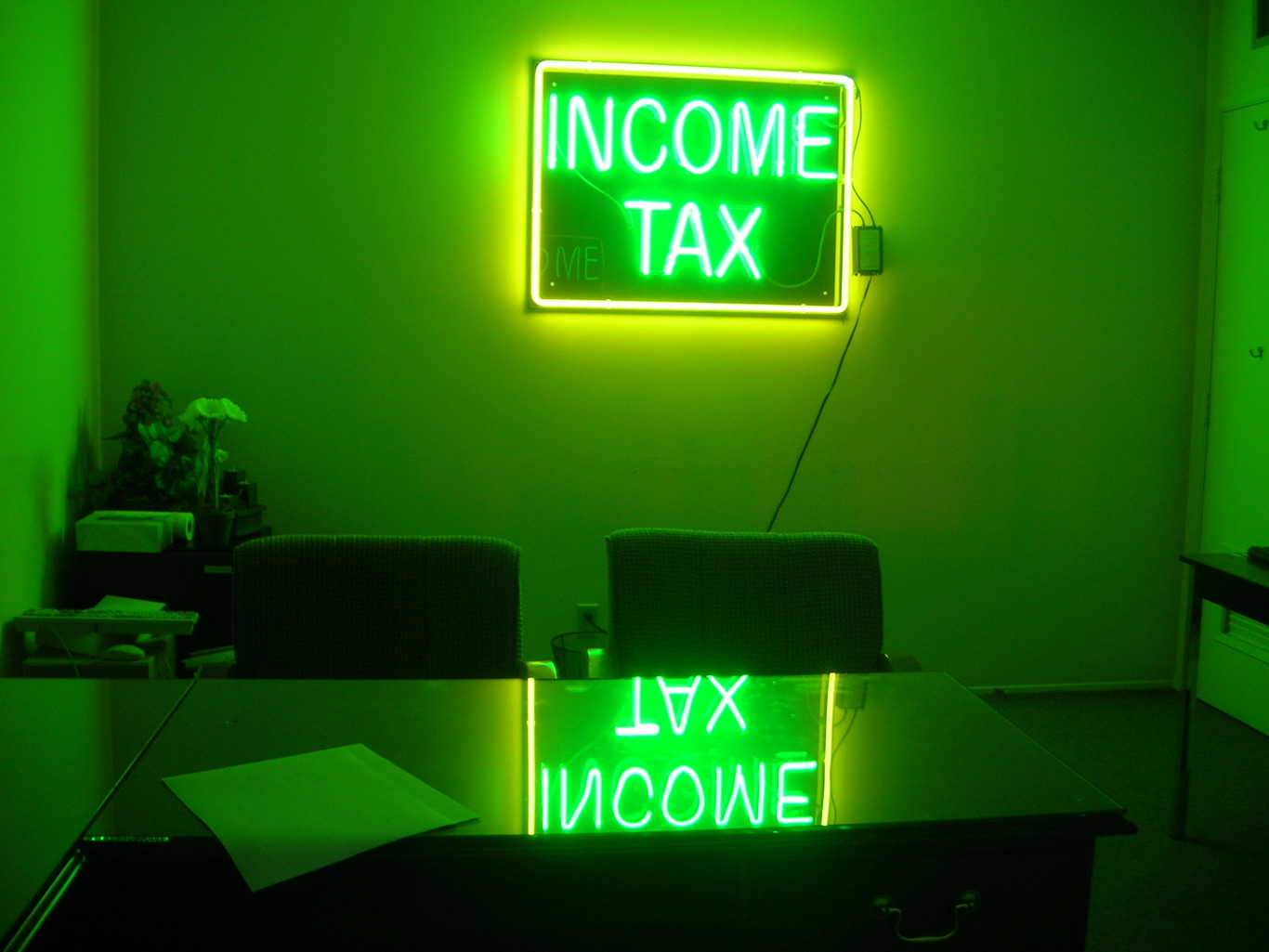How you can slice your tax bill by backing growing Irish companies
This scheme for supporting SMEs had a bumper year in 2015 – here’s how you can make the most of it.
AS PREVIOUSLY REPORTED on Fora, almost €93 million was invested in 2015 under a government scheme designed to get people supporting SMEs.
With more than 1,700 people backing 329 companies last year, the Employment and Investment Incentive Scheme (EIIS) has become a popular relief for investors – although the 2015 figures were a big increase after what had previously been a low take-up.
For those looking to get funding for a business, or putting their money into a smaller enterprise, here are the important details you need to know about the scheme:
What is it?
The EIIS was announced in Budget 2011 to replace the old Business Expansion Scheme (BES). It provides income tax relief for investments in SMEs – certain corporate businesses with fewer than 250 employees and an annual turnover of under €50 million.
An individual investor can get relief on investments up to a maximum of €150,000 every tax year until 2020. That benefit works in two parts: an initial 30% of the value of the investment, with a further 10% when employment levels have increased at the company after three years or if the firm has used the money for R&D.
The EIIS investment is set against an investor’s total income, making it a very valuable relief as it provides a shelter against investment income, such as rental returns, not just the trading or employment income.
My startup needs funding – should I consider EIIS?
In a word, yes. Investments in startups are high risk and some investors may consider that they are offsetting some of the risk through the generous tax relief available under the EIIS.
In addition, family and friends are often early stage investors and they might be attracted by the tax relief available. It’s worth noting that the minimum investment to qualify for relief is only €250. The investment must be by way of new ordinary shares in the company to qualify.
I want to invest – how do I find a company?
One option is to invest into a designated EIIS fund. These funds raise large sums from private investors and then, generally, invest in a range of qualifying Irish companies. An advantage with this option is that your risk is diversified as investments are made into several companies.
Otherwise, you would need to source a single company seeking EIIS investment and make a direct investment into the company.
How much can I save?
The tax saving available will depend on the level of investment and whether the investor is subject to tax at the highest rate.
For a top-rate taxpayer the tax saving would be around €4,000 on a €10,000 investment and €30,000 on a €75,000 investment, up to a maximum available of €60,000 on a €150,000 investment.
The fine print
Companies looking to raise funds under the EIIS can apply to Revenue for what’s known as ‘outline approval’, which provides an indication of whether of not the company will qualify for the scheme. This approval can be used to attract investors.
A formal application subsequently needs to be sent to Revenue along with some supporting documentation. The company must use the funds for trading activities or, when trading has not yet commenced, for R&D. The use of the funds must directly contribute to the maintenance or creation of employment in the company.
Certain trades are excluded, including companies providing professional services like lawyers, accountants and architects, as well as those dealing in land, forestry or financing activities.
Tax relief for investors can be claimed after four months of trading for new companies or immediately for investments in existing companies. When the company has not yet commenced trading but has carried out R&D, a claim can be made once the company has spent 30% of the funds raised through EIIS on those activities.
A claim for relief by investors must be made within two years of the year in which the shares are issued. The shares must be held for at least four years for the investor to retain the full tax relief.
Barry Maxwell is a chartered tax adviser with C. Maxwell & Associates and Paylesstax.ie.
If you want to share your opinion, advice or story, contact opinion@fora.ie.






